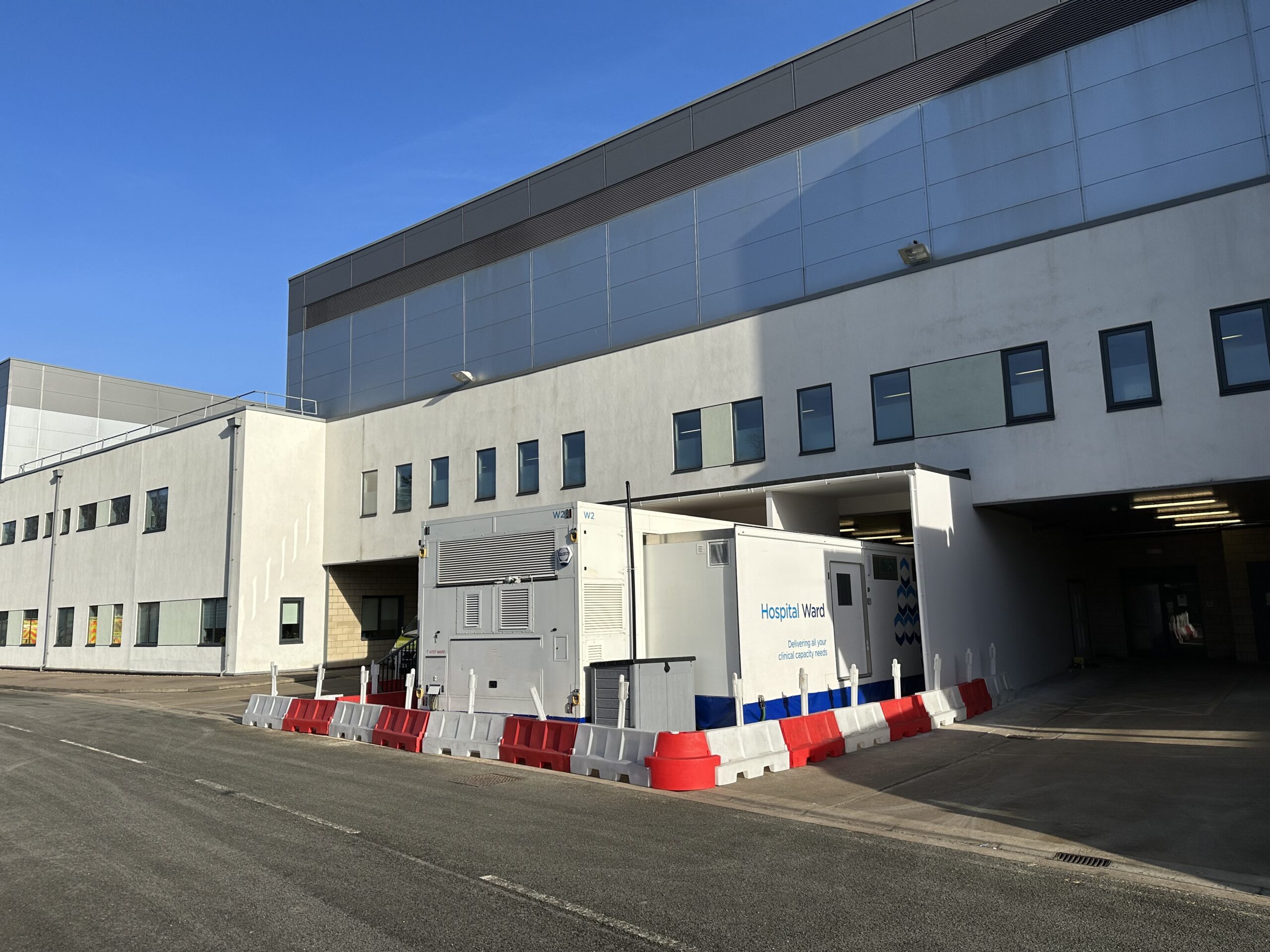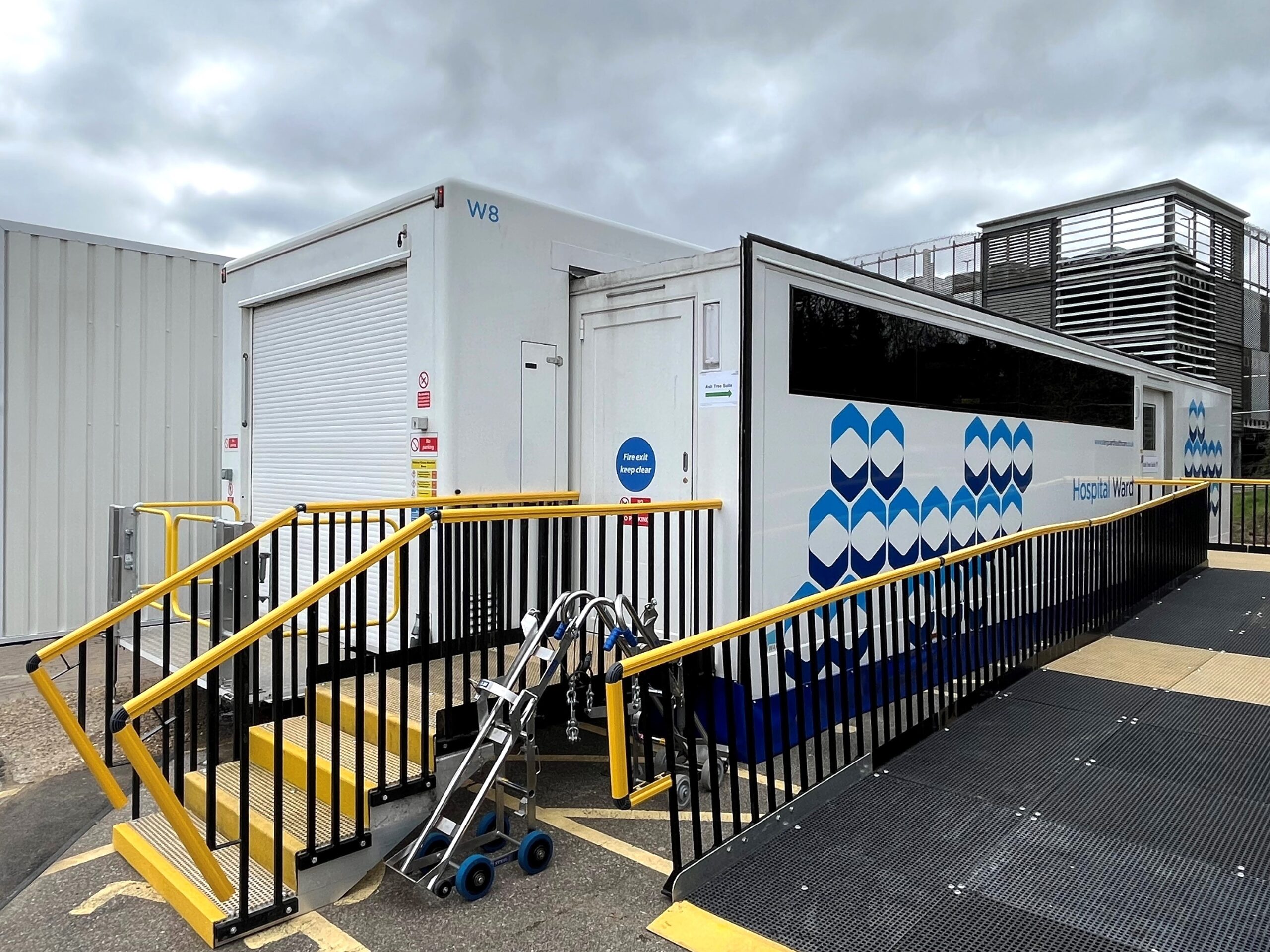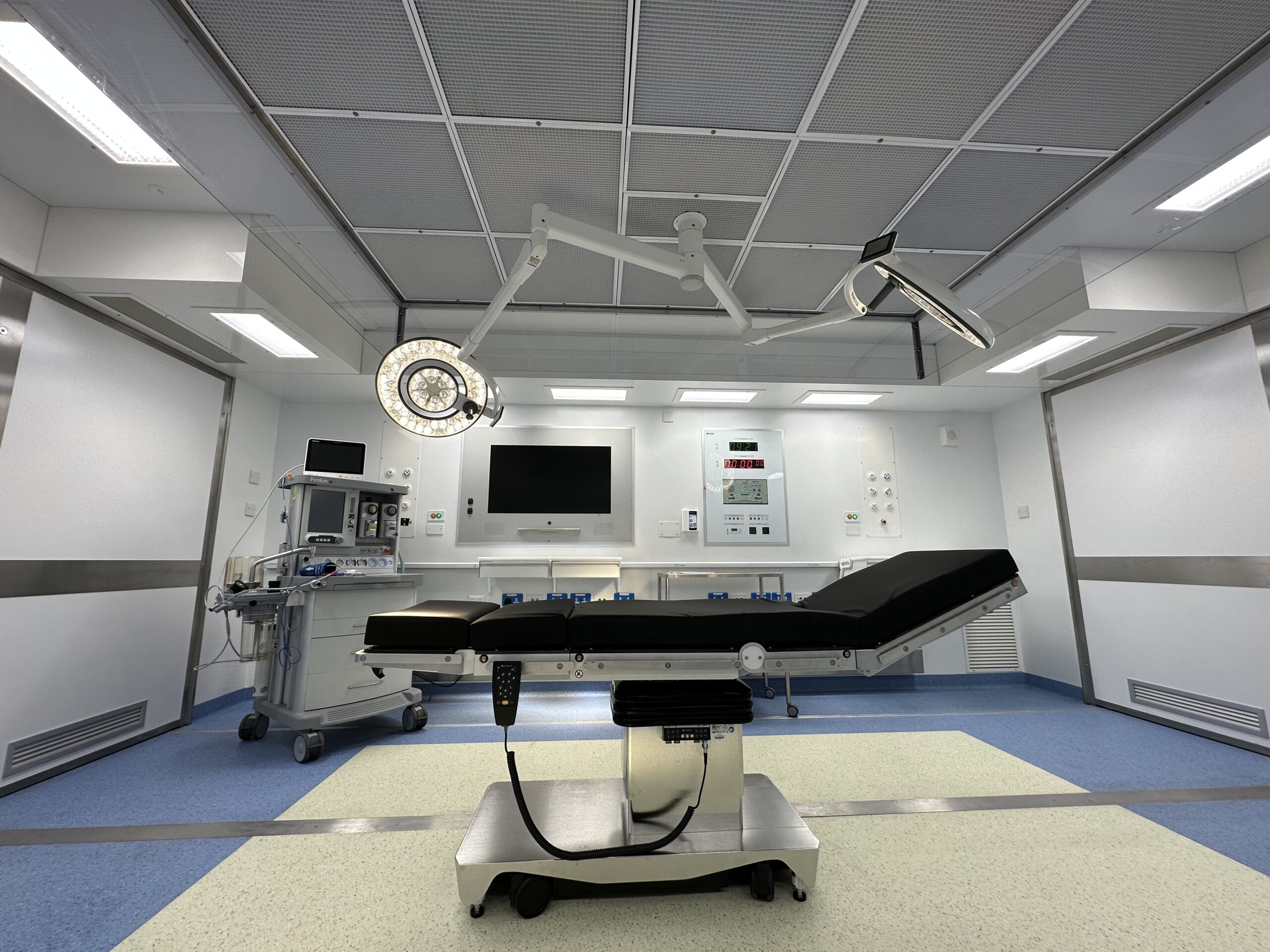While there is no doubt that having a clear separation of pathways between acute and elective care can minimise adverse effects on the healthcare system as a whole; one lesson we have learned from Covid-19 is that having this separation is necessary to be able to effectively deal with the next pandemic.
The impact of Covid-19
The pandemic has revealed a number of weaknesses in the world’s health systems that have the potential to affect resilience at critical times. While hospitals in many countries have coped comparatively well, the Covid-19 outbreak has had some undesired effects on most non-acute parts of the healthcare system - appointments were cancelled, and diagnostic procedures and elective treatments were postponed.
One of the most visible effects have been the marked increase in the number of people waiting for diagnostic tests and elective procedures as a result of reduced activity and a lower throughput of patients in some areas.
What is also causing concern is that the times for getting an appointment with a consultant also increased during the pandemic and access to primary care was restricted, causing a ‘hidden backlog’ of deferred referrals. In a consultant-led system with reduced patient flows, the wait to see a consultant becomes a bottleneck.
Increasing resilience
However, the pandemic has also provided an opportunity for change. As it has progressed, the focus has shifted from looking for solutions to the immediate crisis, using short-term temporary solutions towards adapting to living with Covid-19 risk in the longer term. There is a renewed emphasis on looking for greater built-in, future-proof, resilience for the future.
Clearly, it is not just about investing in buildings and equipment. Alongside increased capacity, the workforce will need to be expanded, for example. There is also a case for increasing access to diagnostic services and elective procedures outside of hospital settings.
As well as being convenient for patients, providing more tests and scans in the community would bring a significant reduction in the number of patients attending acute hospital settings and could create efficiencies across the healthcare system as a whole.
A more flexible approach
A clear separation of pathways is already possible to achieve by moving certain activities to a separate building or another nearby hospital or health centre. Using existing flexible healthcare infrastructure, however, facilities can be set up where they are needed the most. This could be at the hospital’s own site to ensure minimal disruption to the patient journey; or closer to communities.
While mobile units are often used to provide additional capacity on a hospital site, they are also ideal for bringing services closer to patients. Mobile and modular imaging and endoscopy units can be set up in almost any location to create a stand-alone, Covid-safe diagnostic facility within a very short space of time.
Mobile health facilities, which are available for a range of specialist and general procedures, can be set up as integral parts of the health system at a local GP surgery, a community hospital, a dental practice or other health related site. They can be used to increase capacity in almost any location.
The benefits of mobile healthcare units in this context are clear. Due to their flexible and relocatable nature, some types of mobile units already play an important part in the delivery of patient services in the community. Mobile infrastructure can evolve and change as needs change, and can quickly be adapted to respond to an emergency.
Forming collaborative networks
To deliver integrated care, it is necessary to adopt a whole system perspective. A vital component of a flexible and resilient health system is the ability to pool resources across a wider area, enabling services to be provided when and where they are needed the most. The key to making this approach work is developing collaborative networks.
New diagnostic equipment such as scanners and endoscopes is costly, and the usage of any new facility will need to be maximised. For practical and financial reasons, there are going to be a limited number of locations that can house an MRI scanner or an endoscopy facility, meaning many patients will still need to travel some distance to a central location.
With mobile infrastructure, however, the facility and equipment can be moved between locations to provide services closer to patients. The flexibility offered by mobile healthcare means a network can be created within which primary care facilities, community hospitals and other health related settings share central diagnostic resources using a ‘hub-and-spoke’ system.
Delivering healthcare in the community
This could be delivered using a combination of a receiving facility, or ‘docking unit’, and a range of mobile healthcare facilities. The docking unit is set up with the appropriate connections, such as utilities and connecting corridors, in preparation for receiving a mobile facility, allowing these to be connected easily and quickly.
Such a system gives health providers near-instant access to fully-equipped diagnostic facilities. Mobile facilities can then easily be moved around within the network and quickly be installed in another location. Within the collaborative network, a range of clinical services can be selected that match demand and healthcare needs in the local area or offer different specialist facilities on rotation.
Among the key benefits of using flexible infrastructure are that it provides a low-risk and less capital intensive solution for increasing access to services, with flexible pricing structures. It also offers low operational risk, since maintenance and repair is taken care of by the supplier of the facility. With a flexible solution like this, the cost of contracting, staffing and equipping the facility, as well as its benefits, could be shared between providers.
Alternatively, mobile and modular units can be combined to create a stand-alone fixed diagnostic hub in almost any layout, containing patient waiting areas, consultation rooms, scanning and procedure rooms, all specialist equipment, recovery bays, and staff and patient facilities.
A patient centric solution
Ultimately, the aim is to reduce both acute and elective waiting times, and help drive improved patient outcomes – for all patients, everywhere.
In the example of Australia, where nearly 3 in 10 people live in rural and remote areas, official data shows that people living in rural and remote areas have higher rates of hospitalisations, deaths, injury and also have poorer access to, and use of, primary health care services.
In the latest instalment of its annual survey ‘Patient Experiences in Australia’, the Australian Bureau of Statistics also found those living in outer regional, remote or very remote areas were more likely to report waiting longer than they felt acceptable for an appointment than those living in major cities.
Using a partnership approach with providers that can support and work with the health system to add capacity can bring substantial benefits. Solutions already exist that can be implemented without the need to wait for specialists to be trained and recruited, capital budgets to be approved, large scale equipment purchases to be made and buildings to constructed, meaning benefits can be passed on to patients much more quickly.
In addition to improving patients’ experiences, increasing access to services locally can also drive uptake for screening and diagnostic procedures. In the coming years, flexible healthcare infrastructure, such as those offered by Q-bital Healthcare Solutions, will play an increasingly important role in enhancing the accessibility of diagnostic services.



Q-bital Healthcare Solutions
Unit 1144 Regent Court, The Square, Gloucester Business Park, Gloucester, GL3 4AD
